LGBT veterans reveal how they hid their sexuality to stop them from being sacked
Vito Ward thought she was about to be promoted. Instead, she was marched in front of the senior office and asked if she was a homosexual.
After giving the answer ‘yes’, she was promptly kicked out of the career she loved without support, severance pay, or a pension.
Vito is one of thousands of LGBT veterans in the British armed forces who suffered the same fate in the last century, all because of their sexuality or gender identity.
Speaking about her experience, Vito, now 81, told Metro: ‘I was absolutely horrified and devastated. I was also crazy with anger.
To have your sexual orientation denigrated in such a way, it destroys you psychologically.’
She had joined the Women’s Royal Navy Service (known as the Wrens) at the age of 17 in 1961, where she was seeking adventure.
Vito said: ‘It was everything I hoped for and more. I took every opportunity there was to educate myself, take classes and get promoted.’
By the time she was 21, however, she realised she was a lesbian.
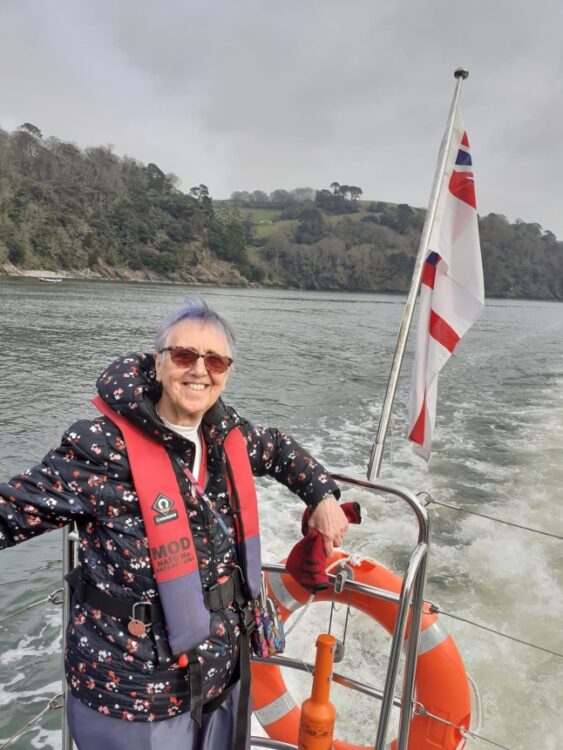
Before the year 2000, lesbian, gay, bisexual and transgender (LGBT) personnel were banned from serving in the armed forces.
Vito and other gay Wrens were forced into a life of secrecy, hiding their relationships and parties for years.
‘We had almost a secret society. We’d recognise each other maybe by a ring that we wore on our pinky finger,’ Vito said.
‘We would secretly dress up at the weekends, and change our clothes a little bit down the road before going to secret places.
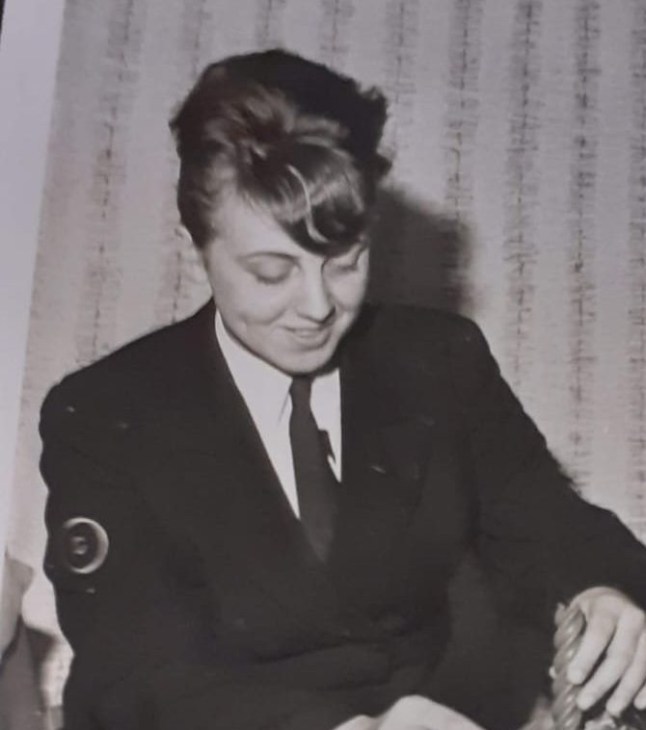
You’d pretend that you were just friends and you lived that lie all the time. I knew people that got thrown out, but we never thought it would touch us somehow.’
But it did touch her. In February 1970, she was hauled in front of the officer in charge at HMS President on the banks of the River Thames.
There she was asked if she was a homosexual, and shown photocopies of letters she had written to an ex-partner years earlier.
Her former partner had been caught having a relationship, which meant officers searched and found Vito’s letters.
Vito said: ‘In that split second my integrity was at risk. I was not going to deny it.
‘When she said, “Do you know what this means?” I said, “no.” And she said, “Well, you’ll be discharged.”
‘I couldn’t believe it. I couldn’t answer. I didn’t say anything. And then I was marched out.’
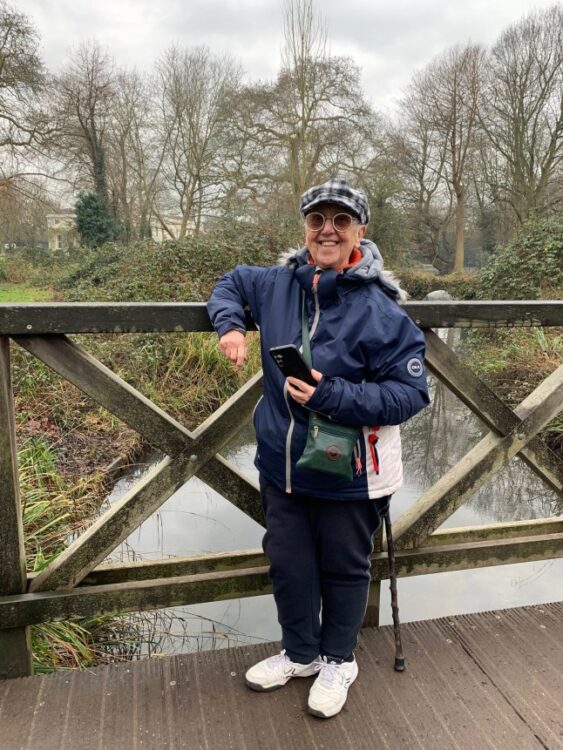
In the ‘witch hunt’ that followed, others were also dismissed while others were able to persuade senior officers their behaviour had only been a ‘blip’.
The service gave her two weeks before she had to leave. Her unknowing colleagues wanted to throw her a leaving party.
‘I had to lie to my colleagues in the mess, saying I decided to leave the Navy. I felt tremendous shame.
‘I was being kicked out and there they were celebrating my discharge. I couldn’t tell my parents because I wasn’t out to them and I couldn’t go home.
‘I had nowhere to live. I had no money, no pension rights, no severance pay.’
Vito eventually found her feet as a hotel housekeeper before going on to qualify as a social worker later a psychotherapist.
But the affects of her dismissal continued to haunt her and she had a breakdown later in her life.
Vito said: ‘When I went for counseling to help me through, the counsellor recognised that I’d had Post Traumatic Stress Disorder from the previous loss of my career and my lifestyle there.
‘That’s what destroys you and destroyed many people – the holding it in. Holding in who you are destroys you.’
Former Royal Air Force Policeman Ken Wright also fell victim to a ‘witch hunt’ against LGBT people while he was serving in the military.
He joined the RAF in 1987 after a career as a civilian police officer in Scotland.
Ken thrived in the role. He was quickly involved in protecting senior officers at RAF Strike Command in High Wycombe.
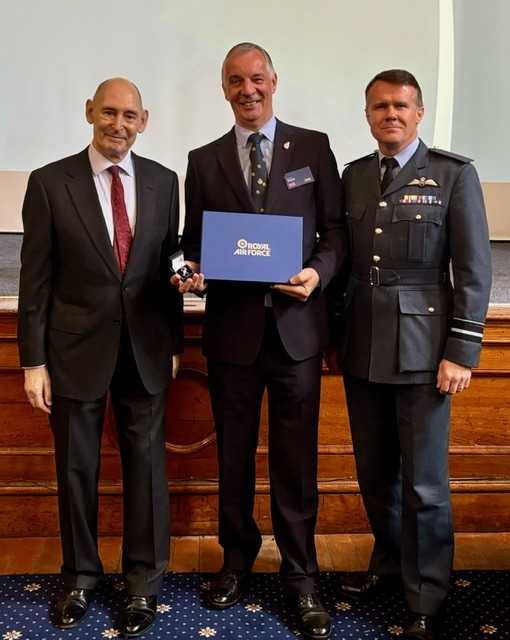
In the January 1990 Honour’s List he even received a personal commendation from the Commander-in-Chief of the Air Force. By March, he was kicked out.
Ken realised he was gay after he joined the RAF police, and met his husband a year after in 1988.
‘When you are hiding your sexuality, you’re constantly on edge,’ Ken, now 64, told Metro.
‘You can’t give anything away. You develop a code. You use the initial of your partner, but invent a female name to go with it if anyone asks.
‘It was deeply unpleasant. You’re lying to your colleagues and your mates.’
By March 1990, the pressure of hiding his sexuality became too much for Ken, and he admitted he was gay to the station medical officer.
Within an hour of that revelation, he was hauled in front of the station commander and ‘told my life was over as far as the military was concerned.’
He and his partner were then interviewed under caution and asked intrusive and ’embarrassing’ sexual questions.
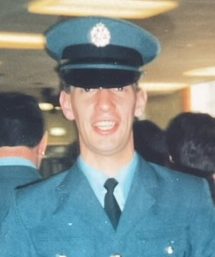
Ken said: ‘Within a matter of weeks I was told that my services were no longer required and to clear my stuff off the base.
‘One day I was serving with my colleagues, and then the next hour I disappeared. One colleague thought I had a terminal illness.
‘I can think of no greater insult to a person to be told they are not wanted to serve their country.’
‘I left with nothing, absolutely nothing. I hadn’t got any money, just thrown out.
‘I didn’t leave the Air Force. The Air Force left me.’
Unable to tell his parents, the veteran ‘went grey overnight’ with the stress of the dismissal.
He was ‘saved’ only by a job he found in civilian aviation and by the love of his partner, with whom he has now been together for 37 years.
After years of campaigning, the ban on LGBT service personnel was lifted in January 2000.
Five years earlier, renowned military historian Sir Michael Howard made a bold move to get the government to end the ban.
Sir Michael, who was gay, won the military cross during the Second World War. He died in 2019, a few years before the Government launched its recompense scheme.
In a letter to the UK Permanent Under Secretary in 1995, he said: ‘To arbitrarily exclude such people from the opportunity of serving in the Armed Forces is not so much unjust as contrary to the best interests of the Armed Forces themselves.
‘It is illogical to deny people the opportunity of serving in the Armed Forces for no other reason than that they are not attracted to the opposite sex.’
His niece, Maddy Howe, told Metro: ‘He was absolutely thrilled the ban was lifted.’
